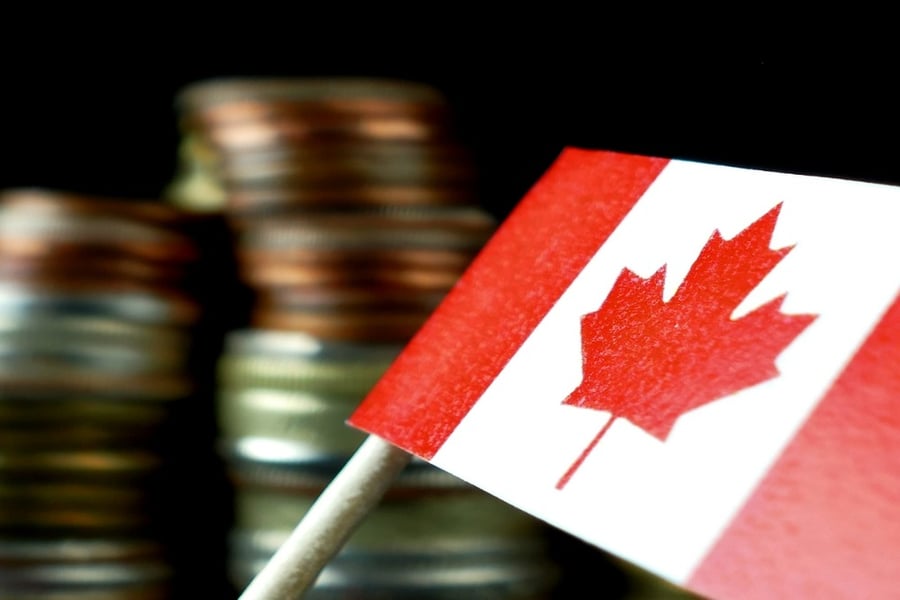These inflationary pressures are not likely to abate any time soon, analysts say

The steady recovery of the travel sector, coupled with burgeoning global commodity prices, is boosting Canada’s gross domestic product, according to Craig Wright and Nathan Janzen of RBC Economics.
“With most restrictions lifted, the hard-hit travel industry is poised for better than average growth. In Canada, air travel passenger counts are still well below pre-pandemic levels. But our own tracking of debit and credit card transactions suggests bookings for travel and leisure activity are back above pre-crisis levels, suggesting travel is set to surge into the summer,” the RBC analysts said.
Read more: Analysis: North American central banks keen to hike rates rapidly
A 21% annual surge in the price of Canadian exports in Q1 2022 accompanied an 11% jump in the cost of imports, which bodes well for the economy’s prospects.
“Larger increases in export than import prices represent a net increase in purchasing power for the domestic economy because export sales fund a larger amount of import purchases,” Wright and Janzen explained.
“When that positive ‘terms-of-trade’ shock is taken into account, national Canadian purchasing power (real gross domestic income) increased almost twice as quickly as GDP over the last year at 5.6% versus 2.9%. Oil and gas drilling rig counts are also set to surge following the normal seasonal spring slowdown in western Canada.”
Updated figures from Statistics Canada indicated that the inflation rate stood at 6.8% in April, its highest point since 1991. Taking current trends into account, inflationary pressures are not likely to abate any time soon as they are “reflective of global factors that the Bank of Canada can do little about,” RBC said.



